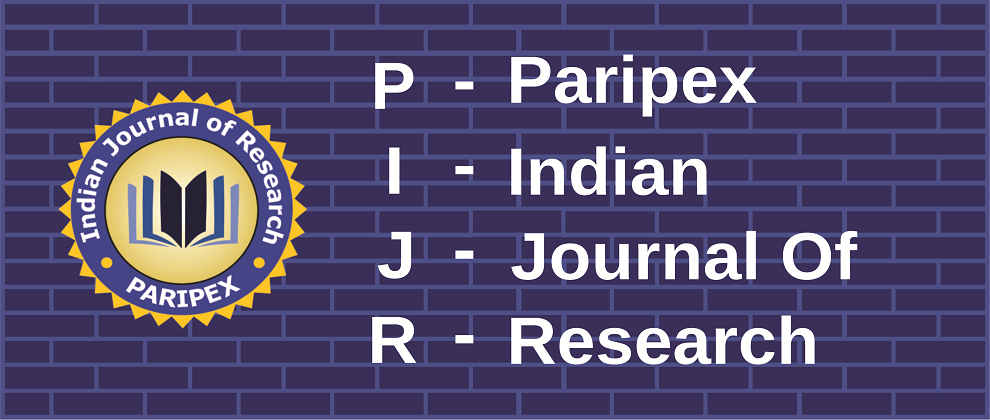Volume : VII, Issue : I, January - 2018
Study of Liquid Waste Management in a Tertiary Care Hospital
Mukty Modi, Dr. Ritesh Shirpurkar, Dr Chhaya Chande, Dr. Kavita Bhilkar, Dr. Renu Bharadwaj, Dr. Abhay Chowdhary
Abstract :
Introduction – Biomedical waste generated in hospitals and health care institutions has a potential to disseminate infection in community as well as in hospital. Among the different categories of biomedical waste, liquid waste is one of the least studied aspects. The study was performed to evaluate the need for providing a separate effluent treatment plant (ETP). Material and Method–All patient cares areas such as wards, operation theatres (OTs), ICUs and OPDs.were studied. The study had two components to it. First was the evaluation of various types of chemicals, reagents and disinfectants and second was the evaluation of the quality of effluent draining out of hospital drains.Result & Discussion – Sodium hypochlorite was the most common chemical in use followed by benzalkonium chloride, phenyl and isopropyl alcohol. Qualitatively the hospital effluent when tested for parameters such as Ph, Biological Oxygen Demand (BOD), Chemical Oxygen Demand (COD), Total Suspended Solids (TSS), total ammonia and total chlorides was observed to be well within the permissible limits as mentionedin Biomedical Waste Guidelines, 2016.Conclusion –In the larger interest of preventing pollution of precious and scarce water resources, treatment of hospital effluent in ETP plant is a step in the right direction.
Keywords :
Article:
Download PDF
DOI : https://www.doi.org/10.36106/paripex
Cite This Article:
Mukty Modi, Dr. Ritesh Shirpurkar, Dr Chhaya Chande, Dr. Kavita Bhilkar, Dr. Renu Bharadwaj, Dr. Abhay Chowdhary , Study of Liquid Waste Management in a Tertiary Care Hospital, PARIPEX‾INDIAN JOURNAL OF RESEARCH : Volume-7 | Issue-1 | January-2018
Number of Downloads : 235
References :
Mukty Modi, Dr. Ritesh Shirpurkar, Dr Chhaya Chande, Dr. Kavita Bhilkar, Dr. Renu Bharadwaj, Dr. Abhay Chowdhary , Study of Liquid Waste Management in a Tertiary Care Hospital, PARIPEX‾INDIAN JOURNAL OF RESEARCH : Volume-7 | Issue-1 | January-2018


 MENU
MENU

 MENU
MENU


